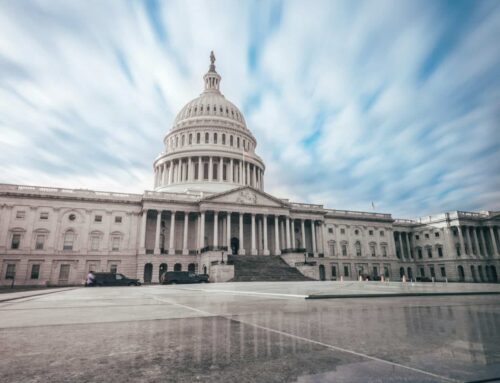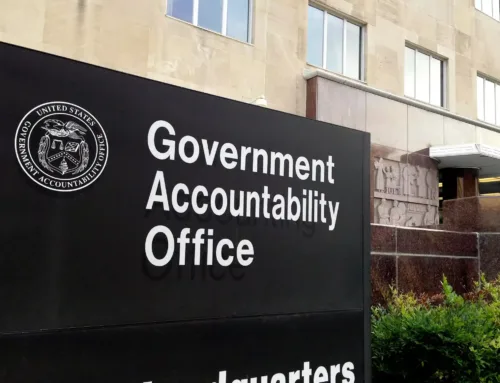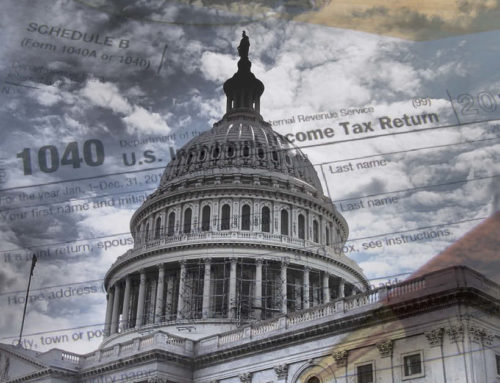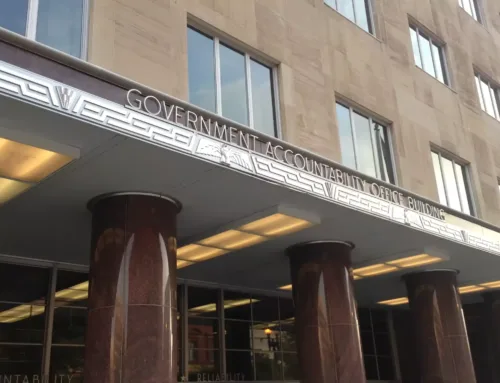Reaction to the President’s State of the Union speech was swift and predictable. Democrats lauded his proposals while Republicans declared them dead in the water. But there was one line that should give folks pause. In decrying the partisan gridlock of the last few years President Obama stated “Imagine if we broke out of these tired old patterns. Imagine if we did something different.” With a term-limited president and a House and Senate leadership itching to prove they can govern, now might just be the time to move from imagination to reality. But it will definitely take doing things differently.
In ten days the President will release his budget request kicking off the annual debate over our government’s $3.5 trillion budget. It’s in this conversation that the President and Congress must “choose who we want to be over the next fifteen years, and for decades to come.” If we want to continue and improve the economic recovery, reduce deficits, and expand opportunity, the choice is clear: It’s time to get down to brass tacks.
Annual deficits won’t be “small”— yes in Washington less than half a trillion dollars is considered “small” (sigh) — if lawmakers continue their head-in-the-sand approach to looming fiscal threats. Instead of waiting for last minute cliffs, bankruptcies, or lapses of authorization, now is the time to debate the “third-rails” of politics. Whether it’s Medicare, prioritizing investments, military retiree/veteran’s healthcare, Social Security, wasteful weapons systems, government backing of pensions, or right-sizing our armed forces, it’s better to take a sober look now to determine how to shore up these programs than wait until the last minute when it may be financially impossible to keep promises or address new needs.
A strong economy depends on a robust infrastructure so we must fix how Washington makes spending decisions on our roads, airports, rails, and rivers. For years, politicians showed more interest in ribbon cuttings in their districts and press releases for their campaigns than ensuring we make smart investments. In some cases, Peter has been robbed to pay Paul—more than $50 billion has been transferred from general revenue to cover gaps in the “self-sustaining” Highway Trust Fund, and barge companies have been bailed out of their financial responsibilities. Instead of saying yes to every project Congress must do the hard work of prioritizing investments based on national interests, tying authorizations to realistic expectations of funding, getting more skin in the game from project beneficiaries and the private market, and paying for investments.
Any serious attempt to create an economy where “everyone plays by the same set of rules,” requires ending programs and policies that solely benefit special interests. Policies that unnecessarily insulate those who’ve made it from competition from upstarts, that send federal cash to favored political donors, or privatize profits while socializing risk, need to go. That’s why the 114th Congress should end the Export-Import bank, eliminate agricultural shallow loss entitlements, cut wasteful weapons systems, stop funding the Mixed Oxide Fuel Reactor, and end the Title XVII loan guarantee program which gave us not just the $500M Solyndra loss but has put taxpayers on the hook for more than $8 billion in risk. There are plenty of other unfair and unnecessary programs ripe for ending. We’ve got plenty of examples.
The biggest set of rules that need to be reformed is the nearly 74,000 page tax code. There’s never a good time to do tax reform. People who want to classify their race horses as three-year property instead of seven, have a bunch of tertiary injectants to write-off, or insist the economy will collapse if they don’t get to deduct the interest on their vacation home are always going to gnash and wail when someone proposes eliminating these tax breaks. But we need to stop picking tax code winners and losers based on who has the loudest lobbyist. Last Congress the House and Senate both moved the ball on tax reform. It’s time Congress ignores the chicken littles and fundamentally rewrites the tax code to make it simpler, fairer, and flatter for all.
While we can agree “the shadow of crisis has passed, and the State of the Union is strong,” storm clouds are on the horizon as many challenges loom. The only way we’re going to make progress over the next two years is if Congress and the President start making government work, not for special interests or politicians, but for the hard working folks who are footing the bill in every state of this union. It’s time to do something different.










